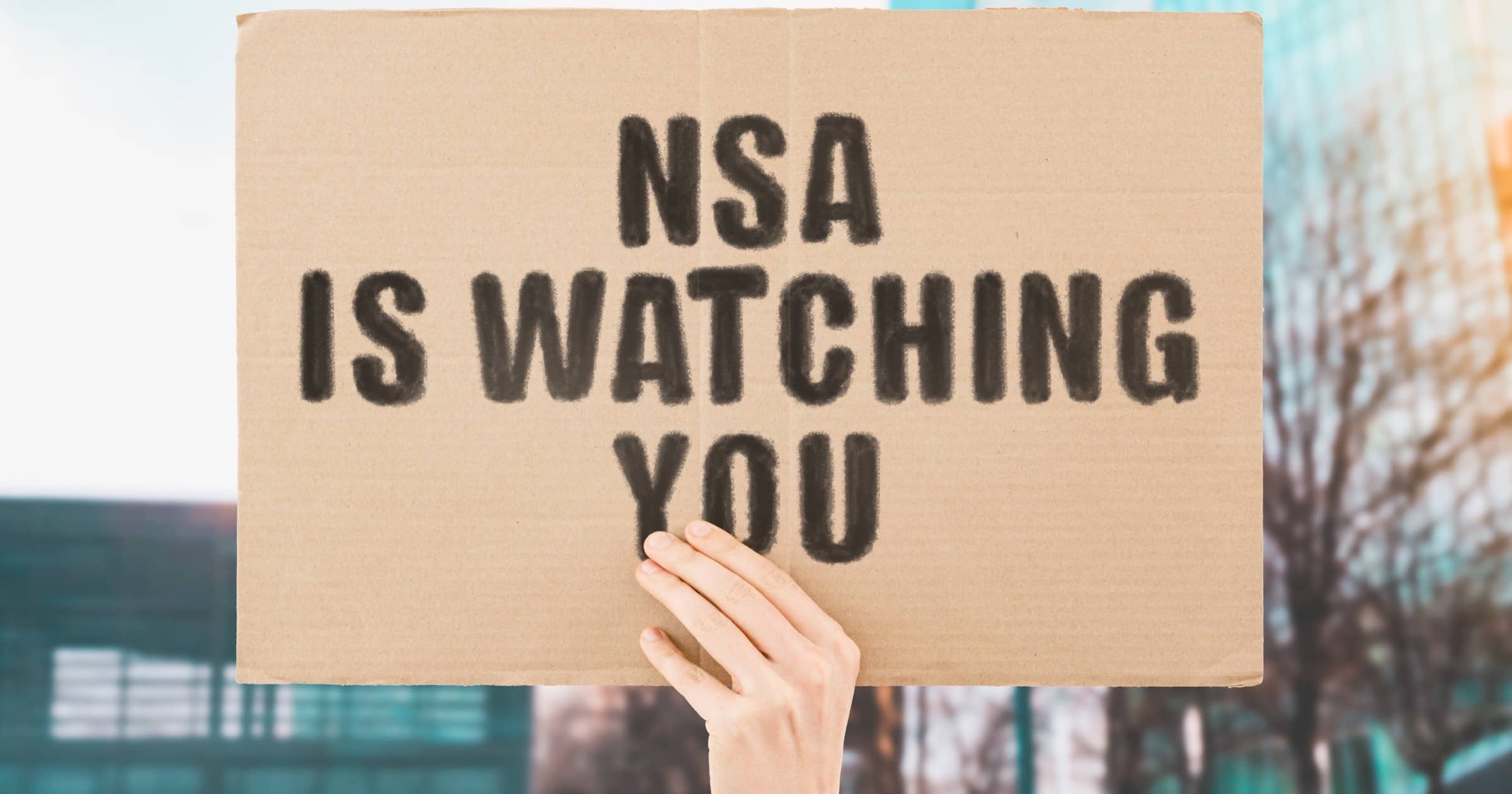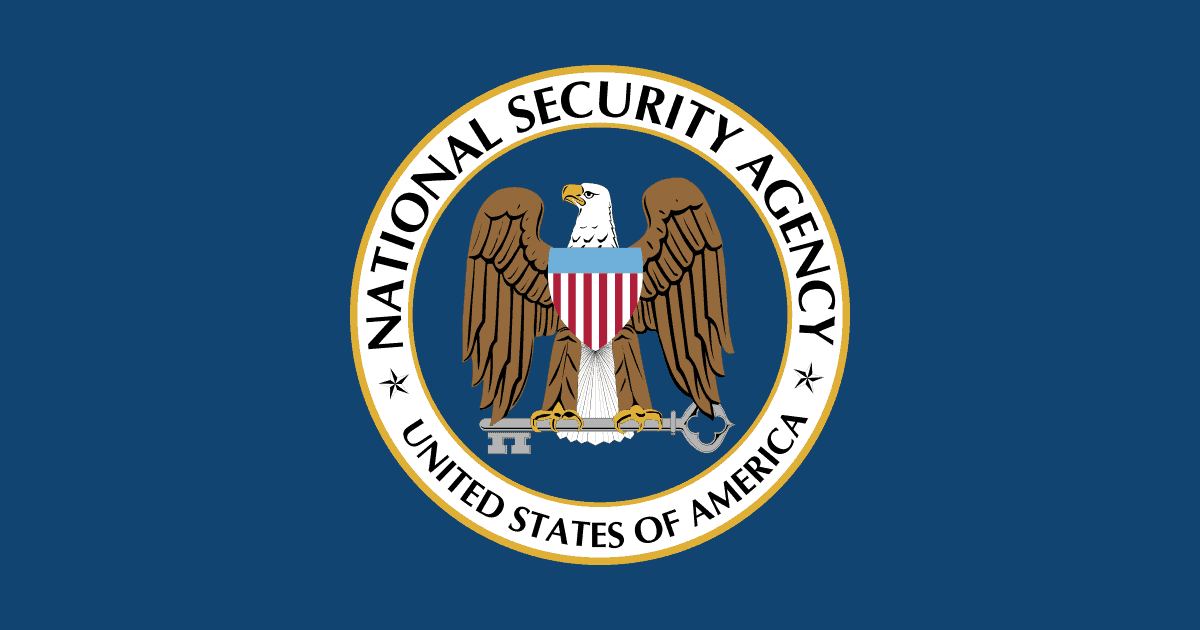Project Raven was a team that included more than a dozen former U.S. intelligence operatives recruited to help the United Arab Emirates engage in surveillance of other governments, militants and human rights activists critical of the monarchy. Reuters tells the story.
The operatives utilized an arsenal of cyber tools, including a cutting-edge espionage platform known as Karma, in which Raven operatives say they hacked into the iPhones of hundreds of activists, political leaders and suspected terrorists. Details of the Karma hack were described in a separate Reuters article today.
An interesting story. We know that iOS 14.8 patched a vulnerability used by the Pegasus spyware, but I haven’t heard much about Karma.






